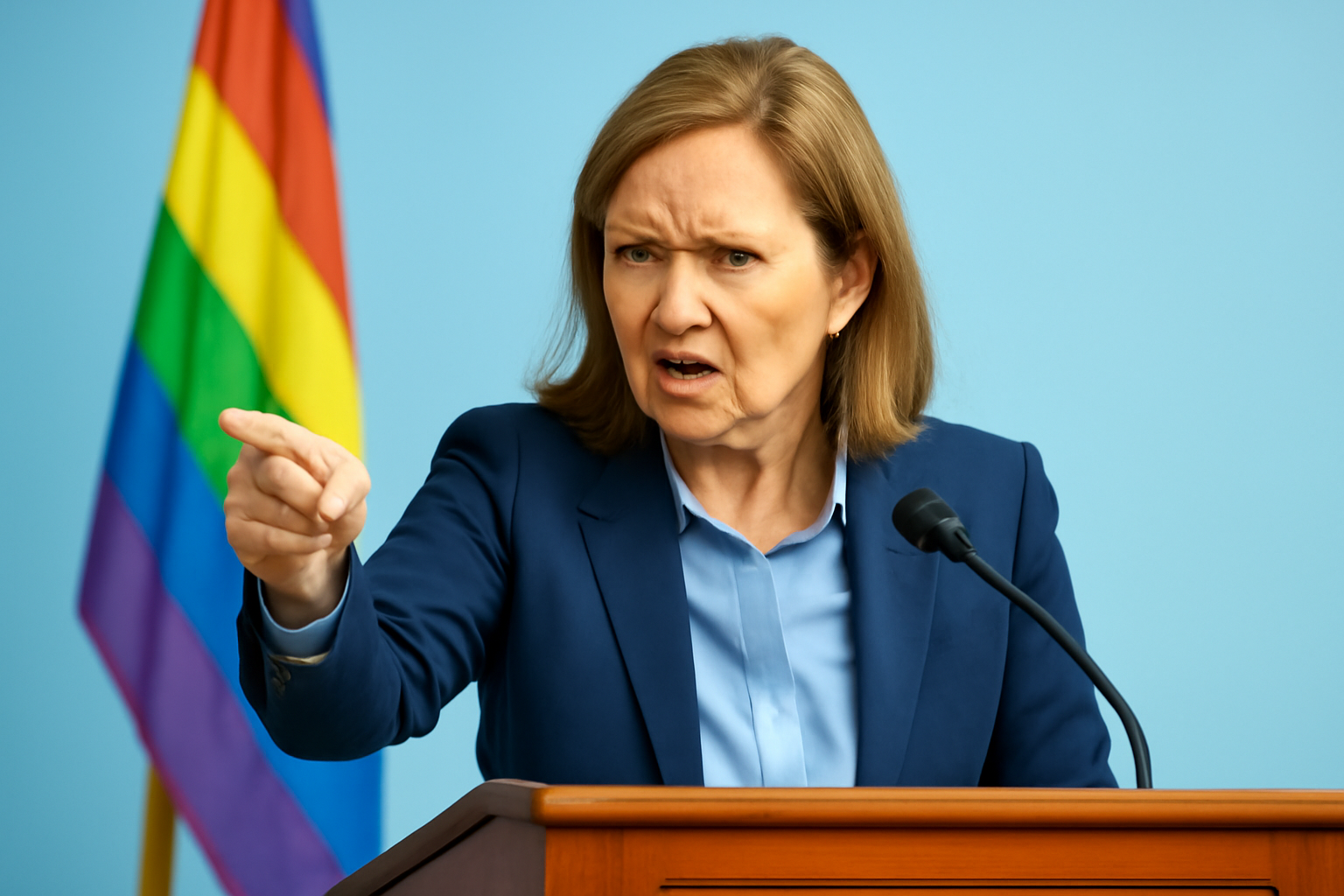
A Closer Look at Policy and Rhetoric
In recent political discourse, there has been a shift in how concepts such as diversity and equality are being used. The language surrounding equality is often repurposed to justify policies that may undermine the very principles of inclusivity and diversity they claim to support. This trend is particularly evident in the actions and statements of some political figures who, under the guise of promoting equality, have taken steps that threaten the rights and representation of marginalized groups.
The rhetoric often centers on a superficial interpretation of equality, one that ignores the systemic barriers faced by minority communities. This approach can be misleading, as it implies that simply offering the same opportunities to everyone, without considering historical and social disadvantages, is fair and just. However, true equality means acknowledging these disparities and making efforts to address them.
Understanding the Implications
When policies are introduced with the promise of equality, it's crucial to scrutinize what they entail. Do they genuinely aim to level the playing field, or do they maintain the status quo by ignoring the complex realities of discrimination and prejudice? The language of equality can often serve as a smokescreen for initiatives that may reduce funding for diversity programs, limit affirmative action, or erode protections for LGBTQ+ individuals and other marginalized groups.
For example, consider education policies that claim to promote equality by eliminating affirmative action. While framed as providing equal opportunities, such policies can actually hinder efforts to create diverse and inclusive educational environments. Diversity in education is not just about numbers; it's about enriching the learning experience for all students by exposing them to different perspectives and backgrounds. By ignoring this, policies that claim to promote equality may inadvertently perpetuate inequality.
The Impact on Marginalized Communities
The misuse of equality in political rhetoric has tangible consequences for marginalized communities. By framing diversity initiatives as unequal or unfair, these policies can undermine years of progress in civil rights and social justice. LGBTQ+ communities, in particular, may find themselves facing increased hostility and reduced legal protections as a result of such rhetoric.
It's essential to recognize that equality does not mean treating everyone the same, but rather creating conditions where everyone has the same opportunities to succeed. This might involve tailored support for those who have been historically disadvantaged. Policies that fail to acknowledge these nuances risk exacerbating existing disparities.
Moving Forward
For advocates of diversity and inclusion, the key is to continue highlighting the importance of genuine equality that considers the historical and social contexts of marginalized groups. It is vital to push back against misleading rhetoric and to advocate for policies that truly promote inclusivity and equity.
Engaging in open and honest dialogue about the impacts of political decisions on diverse communities is imperative. This includes holding policymakers accountable and ensuring that their actions align with the principles of genuine equality and justice. By doing so, we can work towards a society where diversity is not just tolerated but celebrated, and where equality is not just a buzzword but a reality for all.
Related Posts
Triumphant Trans Woman Wins Legal Battle and Inspires Others to Stand Up for Their Rights
Breaking new ground: a landmark victory in transgender rights After battling in courtrooms and enduring endless challenges, Diana Portillo, a transgender woman, has secured a monumental victory in her decade-long fight against workplace discrimination. The result? Nearly $1 million awarded in a historic settlement. But this isn't just a win on paper—it represents a powerful precedent in combati [...]
Pride Month in Latin America: Protests and Demands for Equality
**Celebrating Pride and advocating LGBTQ+ rights in Latin America** Pride Month in Latin America was a lively mix where celebration met activism. Communities united, not just throwing a party but making a stand—demanding equality and pushing governments toward better protection and rights recognition. Throughout Latin America, pride events erupted in marches and cultural displays, each with a c [...]
Transgender Erasure Actions Implemented by National Park Service
```html Trump administration's impact on national park service and transgender recognition The Trump administration made notable moves in undermining transgender representation, which included directing agencies like National Park Service not include "T" and "Q" when they refered “LGBTQ” in any official communication. This move seems part a broader plan by this administration aimed at reducin [...]